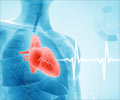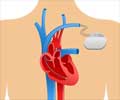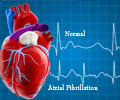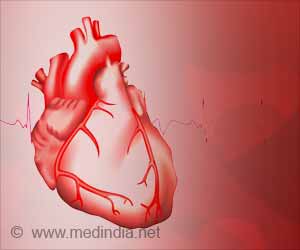New gene therapy uses an implanted LED device could automatically correct heart rhythm disorder, thereby paving the way for pain-free treatment for patients with atrial fibrillation (AFib).
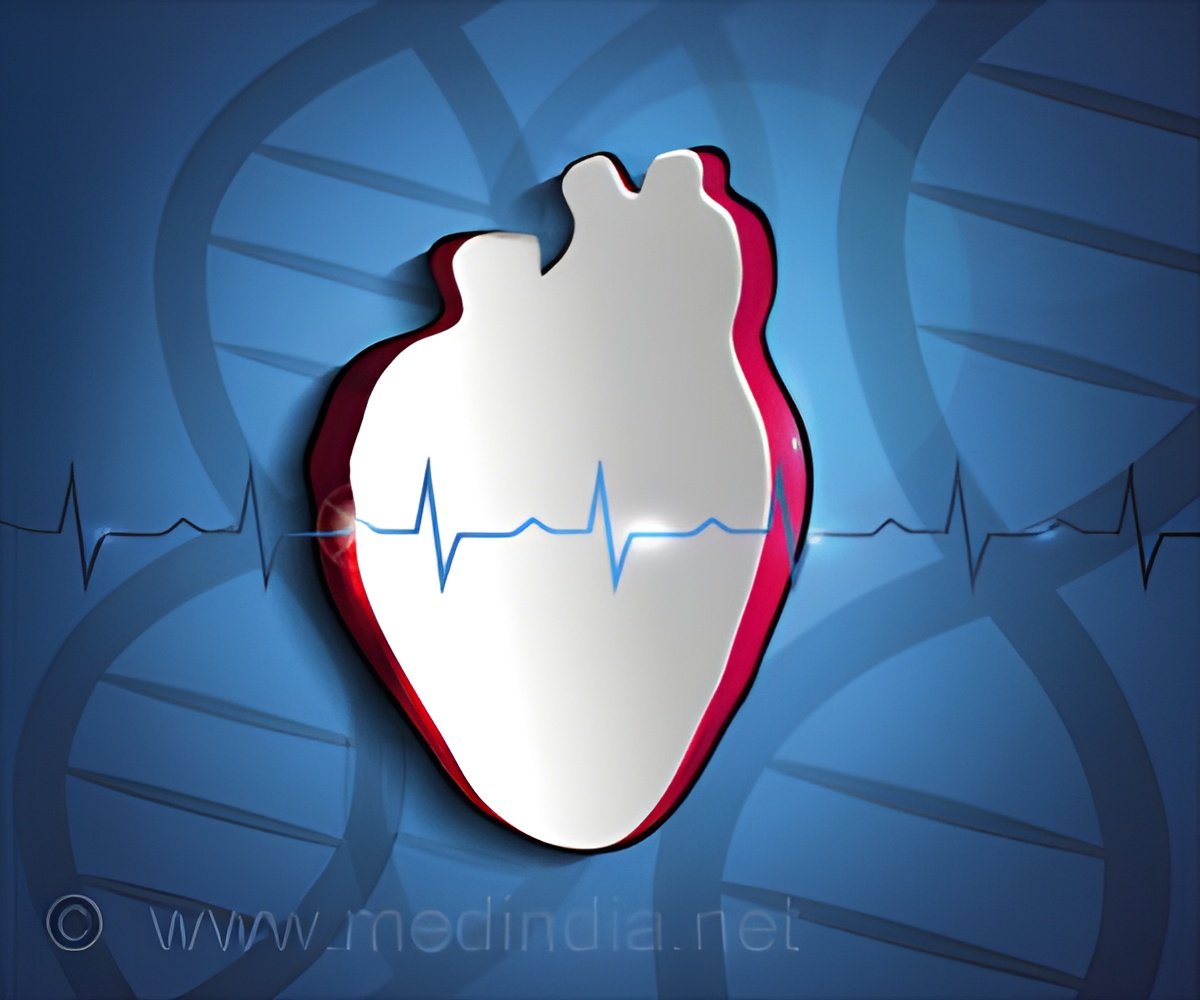
‘Newly developed gene therapy uses an implanted LED device to reset a racing heart immediately and automatically, thereby paving the way for pain-free treatment for patients with heart rhythm disorder.’
Read More..




"The flash of light from this LED then causes the heart to generate an electric current itself to halt the arrhythmia," said lead investigator Daniel Pijnappels at Leiden University in the Netherlands. Read More..
"This is made possible by using gene therapy to introduce specific light-sensitive proteins into the heart. This restores the heart's normal rhythm immediately and automatically," he added.
According to the researchers, this could represent a great improvement on the current way of stopping atrial fibrillation.
Atrial fibrillation (AFib) is the most common heart rhythm disorder in clinical practice. The current treatment, known as cardioversion, is based on administering an electric shock to the heart, which has to be done in the hospital under general anesthesia because of pain.
For many patients, this is the only treatment to immediately stop atrial fibrillation because drugs or operation are ineffective.
Advertisement
"We anticipate that this treatment for atrial fibrillation could improve both the patient's quality of life and their prognosis," he added.
Advertisement
Source-IANS

